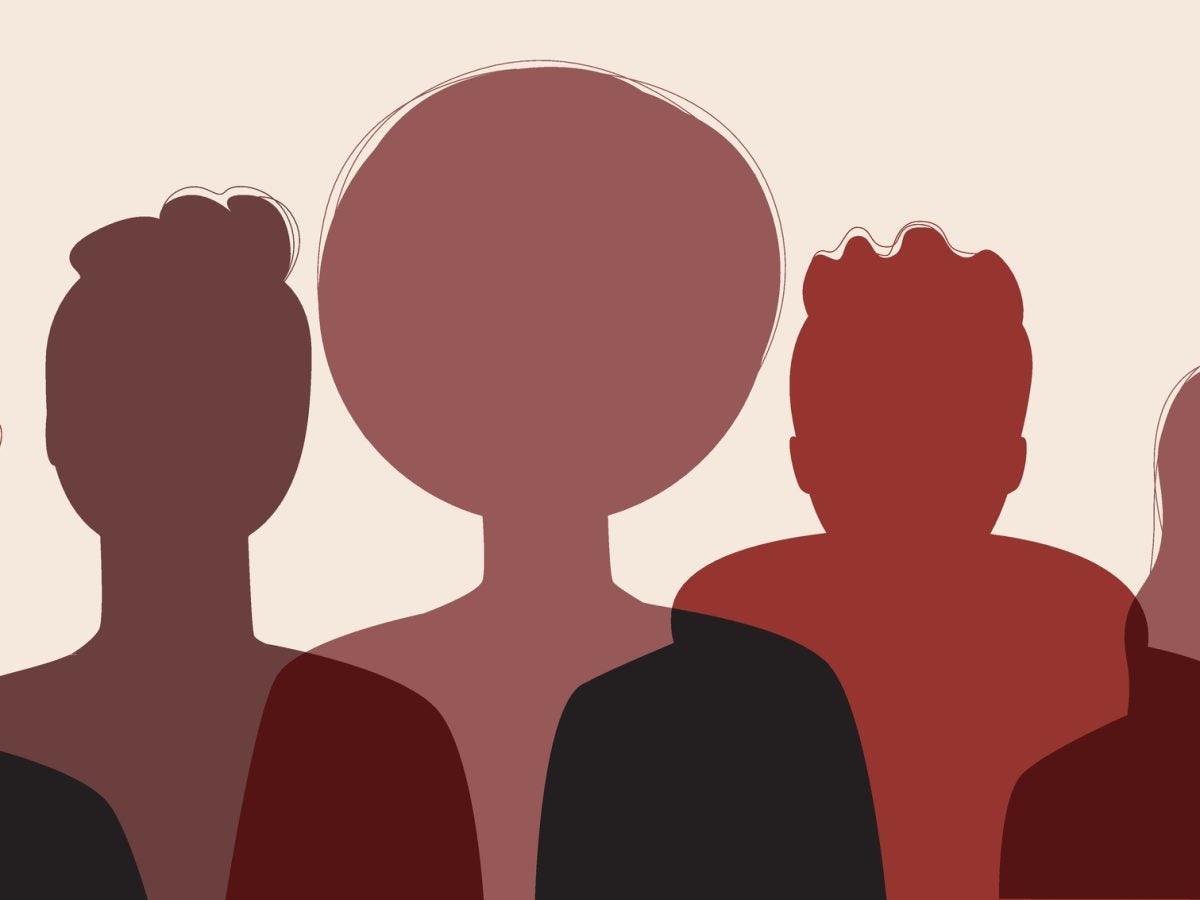
When Haddy moved from Gambia to Atlanta at the age of eight, she first had the chance to learn about and participate in Black History Month at her elementary school, which was predominately Black.
“We had lots of Black teachers and the most wonderful Black woman for a principal,” she recalls. “The faculty and staff of this school made sure I and many of my peers, who were also immigrants or children of immigrants, knew about Black history not only during February but year-round.”
One of her favorite memories is learning the words to “Lift Every Voice and Sing,” which she and her classmates sang every morning after announcements in place of the “Star Spangled Banner” in February. Though she wasn’t born here, she felt the kinship, and understood the importance of it.
That understanding was impactful. Haddy is now the director of policy and advocacy for the UndocuBlack Network, a community of past and present immigrants who work to make clear the necessity of Blacks from across the African diaspora being linked and working together to fight for true freedom. When it comes to celebrating Black History Month as an adult, an observance that originated in the U.S., she is one of many Black people of African descent born outside of this country or of a strong Afro-Caribbean and Afro-Latinx identity who love this time of the year.
“I celebrate by being unapologetically Black in all the spaces that I occupy,” she says, noting that she spent the month practicing radical honesty with non-Black colleagues by calling out anti-Black behavior and performative BHM initiatives.
“I try to do that all year, but I enjoy turning the dial up just a bit more during Black History Month.”
For Ene, who moved to San Diego in 2004 at 18 from Lagos, Nigeria, she knew “absolutely nothing” about Black History Month. It wasn’t until she moved to New York City in her 20s that she realized, “oh ok, this is a thing.”
“It’s kind of nice to see that sort of kinship,” she says. “We’re coming together to celebrate blackness in general.”
And she understands the importance of that togetherness. While she didn’t think about race while growing up in Africa’s most populated city, she couldn’t run from it when she moved Stateside. During the racial reckoning of 2020, she protested in NYC against police violence towards Black women and men.
“I’ve never been more acutely aware of my blackness as a thing in this country,” she says. “It’s one thing when you’re growing up amongst Black people. You don’t think too much about it. But then here it’s like, I’m Black. There’s certain things I can and can not do. There are certain privileges that I’m not afforded as a regular, breathing human being in the United States purely based on the fact that I’m Black.”
So she partakes in Black History Month by supporting her people. “I typically, mostly, shop all Black. I keep it in the community,” she says. And when she thinks of this time of the year, “togetherness” is the first word that comes to mind.
For Danie, she appreciates Black History Month and enjoys seeing all of the joy found by Black people in the 28 days of February. If she could change anything about the way it’s celebrated though, she’d love if the history we learn about could include contributions of Blacks outside of the U.S.
“I’m Haitian and Bahamian and Black History Month is always a source of pride for the way Black people have overcome; but rarely is it inclusive of African, Afro-Caribbean or Afro-Latin history,” she says. “It’s a combination of feeling that parts of me are left out of the conversation. It almost feels like your blackness is being recognized but not your history.” She doesn’t take it personally, but says it’s a “nuanced” situation.
But Imani, whose mother is African American and father was Jamaican, celebrates with the idea in her mind that because so much of the history of American descendants of slavery has been “erased,” Black History Month is meant to uplift Black Americans. If others are inspired, that’s great too. “African Americans who have no idea about their lineage for years always are asked to share things. Seldom do they have something for just them so I don’t know about [making Black History Month] inclusive,” she says. She understands the importance of the cultures and customs of all Blacks of the African diaspora being recognized (she mentions Hispanic Heritage Month as an opportunity for example), but she says this is a time to learn of the contributions of Blacks to history in this country.
However people chose to celebrate Black History Month as we rap up February, Haddy is hopeful that the kinship experienced during this time continues year-round. This is especially necessary as there have been attempts by some to create division between American descendants of slavery and those of non-American lineage. “Togetherness,” remember?
“I have a deep appreciation for the richness of African American culture and history. I identify with it as much as I identify with Gambian history and culture,” she says. “I am Gambian, but I haven’t lived there for more than 20 years. I grew up in Atlanta, and while I call it home, I am aware that there will always be a gap between my connection to the city and to those who are descendants of enslaved people. I believe the best way to close that gap in connection to the land and people is through open dialogue and a focus on shared struggles. The best way for all Black people around the world to get to place of unity and mutual understanding is to affirm that we are all part of the African diaspora. Our fight is not with one another but rather with systems of white supremacy, anti-Blackness and capitalism, which continue to inflict violence against our people.”